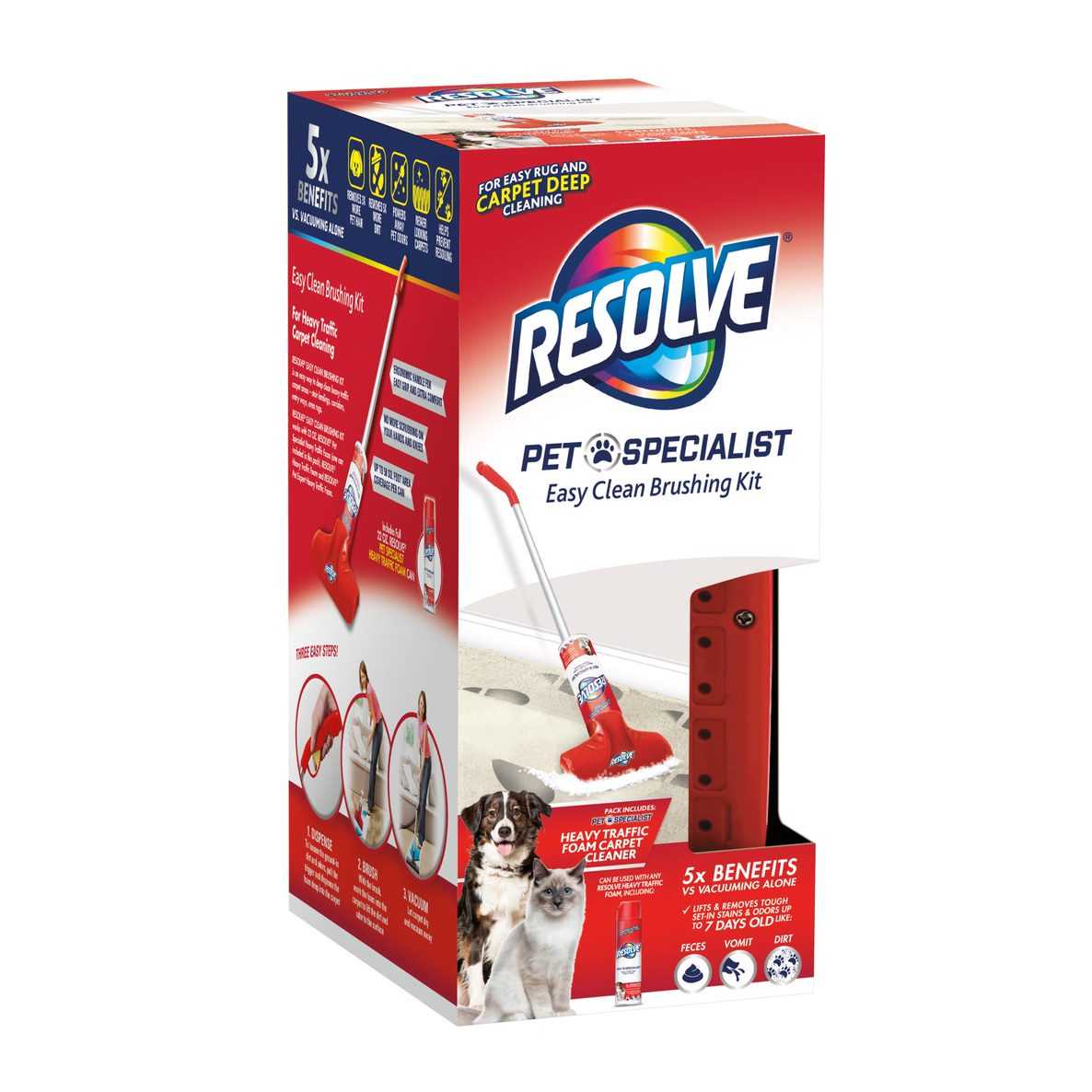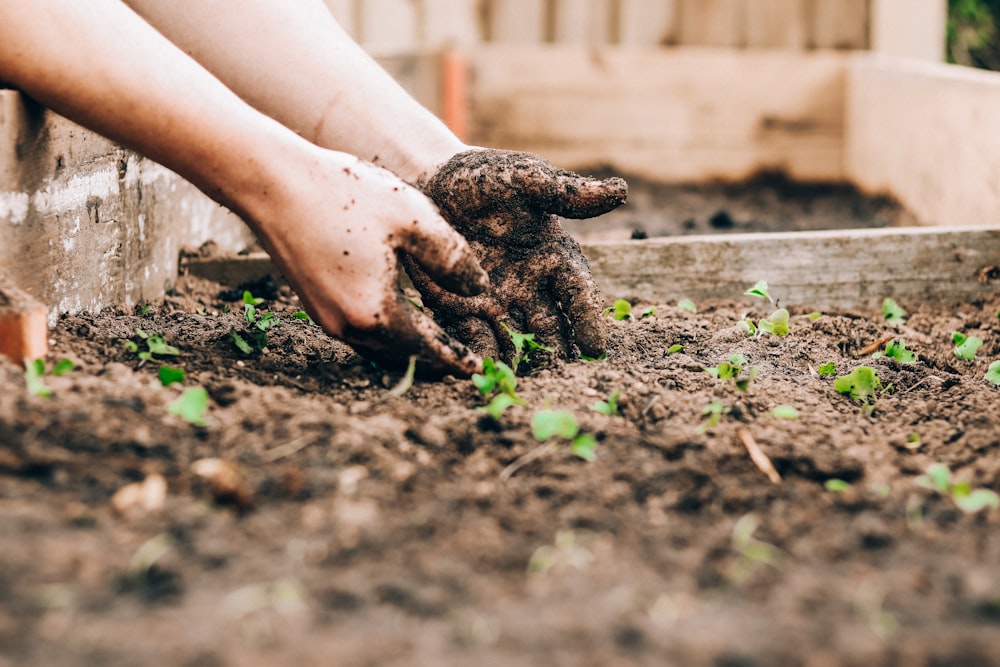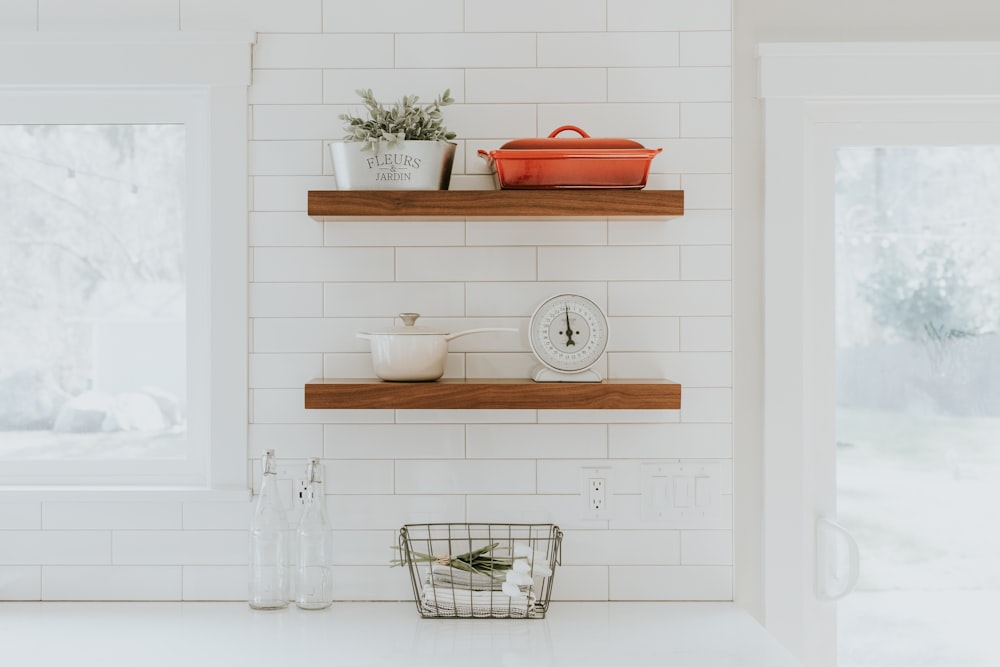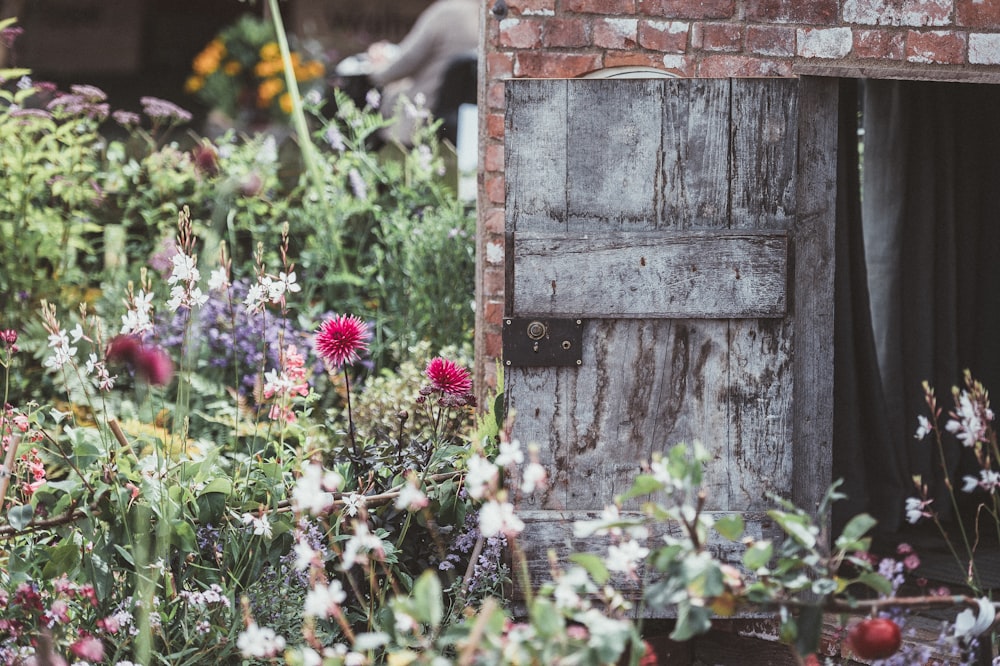You desire a vibrant and healthy organic garden. It’s the perfect time to begin! The tips below can help you begin your organic garden.
Turn the handles of your garden tools into measuring rulers. Large handled tools like rakes, hoes or shovels may be used like measuring sticks. All you have to do is lay them on the floor then use a measuring tape to measure their length. Have a marker handy, and mark the distance with it. Next time you are working in the garden, you will have a large ruler at your fingertips!
Plants that climb can hide fences and walls. Climbers have many different uses and spread quickly. They may also grow through tress and shrubs that are already grown, or you can train them to cover your arbor. Some of these plants must have support, and some can attach themselves to something using their stems and tendrils. A few good choices are climbing roses, wisteria, jasmine, honeysuckle and clematis.
The first thing you should do when planning a garden is test the soil. Pay a small fee to have your soil analyzed, and you’ll be glad that you did when you understand what nutrients your soil is lacking. Many offices of Cooperative Extension will do a soil analysis, and it is important to know how to improve soil so that all crops can grow in it.
As fall arrives, it is the time to prepare for planting fall edibles. Instead of a clay pot, show some fall spirit by using a hollow pumpkin to plant your lettuce or kale in. Cut an opening in the pumpkin and scoop the insides out. Then spray the edges and empty inside of the pumpkin with Wilt-Pruf so the pumpkin doesn’t rot. You are prepared to plant after this is done.
Tender deciduous shrubs are very fragile, so protect them. If you’ve got tender shrubs which are potted, you need to protect them from cold weather. First tie together the tops; then take a sheet or blanket and loosely shroud the wigwam. This method is much better than wrapping the plant in plastic, as it allows air to circulate, which can prevent rotting.
Know the perfect time to harvest the vegetables in your garden. Each veggie has its own prime time for harvesting. Many vegetables are best when picked young; baby peas are a prime example. Tomatoes, however, should be plucked from the vine the moment they appear ripe. Remember that the vegetables will taste best if you harvest them at the proper time.
Controlling pests can be quite challenging when trying to grow a healthy, hardy vegetable garden. Since your vegetables are meant to be eaten, refrain from spraying them with harsh chemicals. To safely keep your garden pest-free, keep a sharp eye out. When you are vigilant, you can simply remove the pests from your plants manually as soon as you notice them. Early detection is the best solution to ridding your garden of pests.
You should now feel enthusiastically prepared to enter the relaxing and productive world of organic gardening. No matter how comfortable you felt about the subject, you should be more so now. You can grow an organic garden, now that you have the right tips and information.










